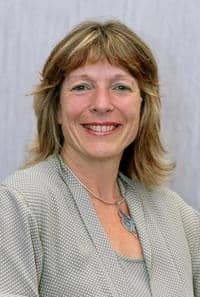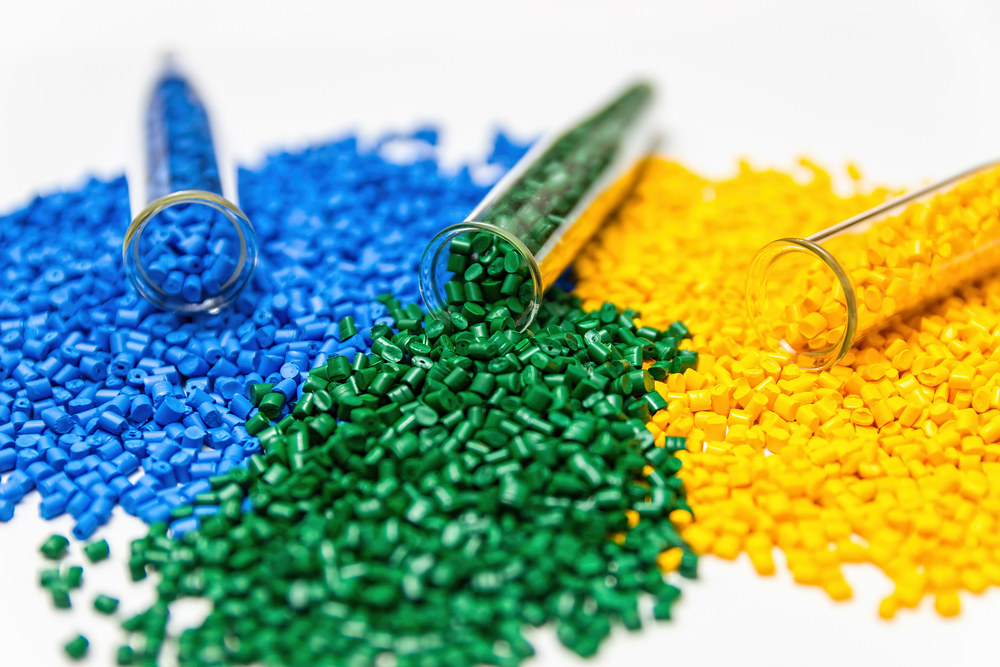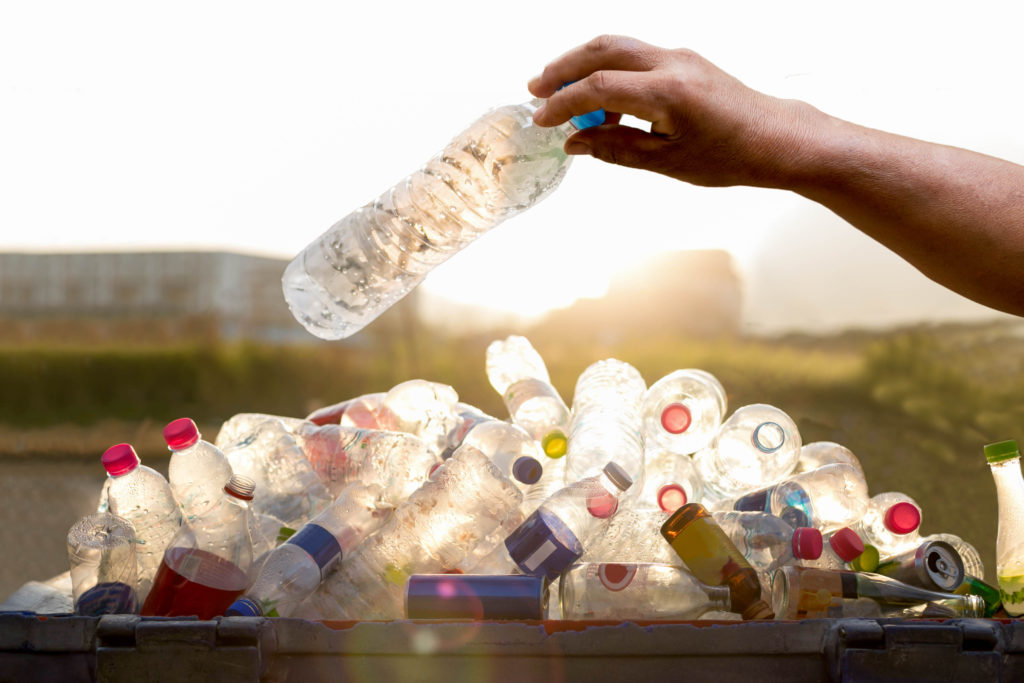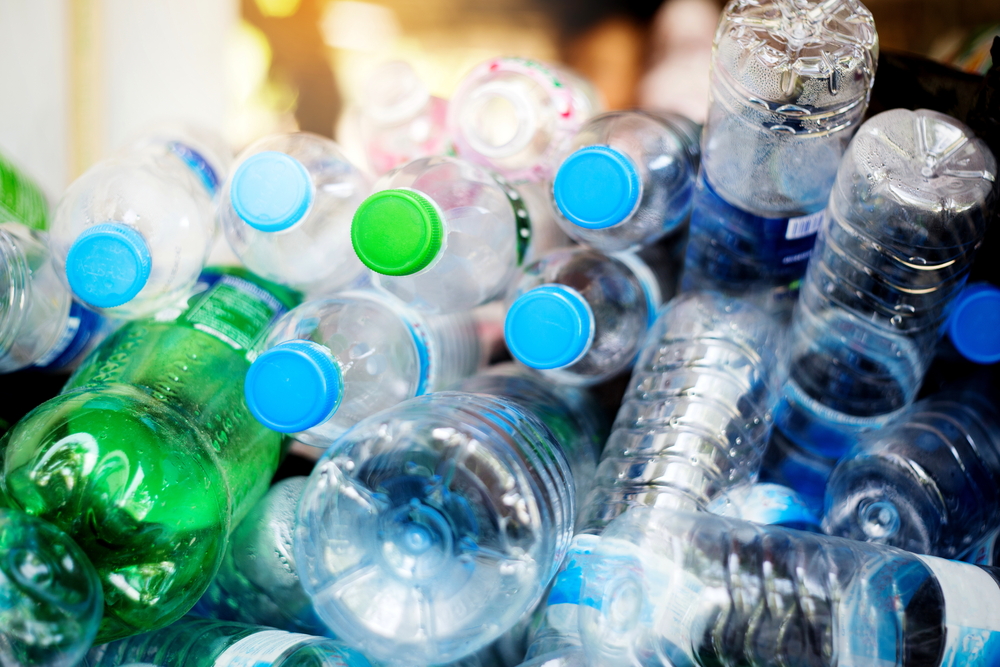
I'm glad that our local authorities now have a facility where they can recycle their plastic bottles and I'm looking forward to the completion of the Ebbw Vale plant
Jane Davidson, AM
The larger-scale of the two developments will see Australian-based Closed Loop Recycling open its second UK facility to recycle mixed plastic bottles into food-grade packaging at the Deeside Industrial Estate in Flintshire, North Wales.
Meanwhile, Hertfordshire-based plastics reprocessor Baylis Recycling and social enterprise Plastics Sorting Ltd have teamed up to develop a 20,000 tonne-a-year PET and HDPE recycling plant at Ebbw Vale in South Wales.
Closed Loop
The £12 million Closed Loop Recycling facility will have the capacity to recycle 50,000 tonnes-a-year of both PET and HDPE bottles, with the project having received private equity funding from asset management firm Foresight Group and financial support from the Welsh Assembly.
Closed Loop Recycling's managing director, Chris Dow, said: “We are delighted to confirm the location of the second plant. The second Closed Loop Recycling plant will allow us to make a real impact to plastic recycling in North Wales and North West England and we are delighted to receive such positive support from the Welsh Assembly.
“We are committed to an ongoing investment programme to build closed loop recycling infrastructure in the United Kingdom. We believe we are pioneering the future in packaging solutions,” he added.
Closed Loop opened its first UK plant, the first of its kind in the world, in East London in June 2008 (see letsrecycle.com story), and, speaking to letsrecycle.com today, Mr Dow explained that the technology in the proposed new plant would be “very similar, but we have more bottles”.
Commenting on the location of the facility – which the company hopes to have up-and-running by autumn 2009, he said that “there's easy access to Manchester and Liverpool, major conurbations, and that makes sourcing bottles far easier”.
As with the Dagenham plant, Closed Loop will be sourcing plastic bottles for the North Wales facility from Veolia Environmental Services, while agreements are in place for the plant's output with companies who already buy food grade plastic from the London site, such as Solo Cup Europe, Coca-Cola Enterprises and Nampak.
Mr Dow explained that he was confident that there would be no problems with sourcing sufficient quantities of bottles for both plants, citing both the “quality” of Veolia as a supplier, and the fact that the Dagenham facility was operating smoothly.
Closed Loop has previously indicated that it hopes to build five similar facilities across the UK (see letsrecycle.com story), and Mr Dow indicated that this was still the case.
“For plant three, we're doing some work and research on potential bottle availability and things such as power at a number of sites,” he said, adding that an announcement on a proposed location was unlikely until early next year.
And, he explained that the major problem for plastic bottle recyclers lay not with demand for their output, but with the number of local authorities collecting bottles for recycling.
“There's no doubt about the demand for the product,” he said. “The big issue is ensuring local authorities start to collect kerbside plastic and, at the moment, there are 40% who are not doing that.”
“That's neglectful and environmentally dangerous. There's enough information out there to make the virtues of doing it obvious, these are all smart people,” he added.
Ebbw Vale
The second boost to Wales' plastic recycling capacity has come in the shape of a partnership between Hertfordshire-based plastics reprocessor Baylis Recycling and social enterprise Plastics Sorting Ltd – part of the community interest company Cleanstream Group.
The collaboration is planning to use an £850,000 grant awarded to Plastics Sorting Ltd by the Welsh government to develop a 20,000 tonne-a-year capacity recycling plant for HDPE and PET bottles at Ebbw Vale in South Wales.
While the facility is not expected to be operational until March 2010, the two parties are already working together to recycle bottles from councils in the South West and Wales, using Baylis' facility at Keynsham, near Bristol, which opened in June 2008.
Janet Rawlings, project manager for the proposed Ebbw Vale development, explained how the partnership was currently working on the ground.
“Plastics Sorting Ltd has acquired Welsh funding for Ebbw Vale, Baylis will be design consultant and then lease Ebbw Vale from Plastics Sorting Ltd once it's built, but we're helping them to source plastics now for Keynsham,” she told letsrecycle.com.
She added: “We're looking to source from the South-West and Wales, that's what we're doing at the moment, we have some contracts in place but we're looking to scale up.”
Explaining that the two facilities would act as “sister plants” to each other, she said: “Once Ebbw Vale is up and running we'll be able to take mixed plastics into both plants – HDPE to one plant for hot wash and flake and the other will hot wash and flake PET.”
Ms Rawlings described the plastics recycling plant as the “cornerstone” of a Green Business Park that would be built at Ebbw Vale, with work also set to begin “in parallel” on a 15,000 anaerobic digestion (AD) facility, producing combined heat and power (CHP) for use at the plastics recycling site.
“We're also looking to tender for food waste contracts, and build an AD facility to provide combined heat and power for the plastic recycling facility,” she explained.
With funding in place for the Ebbw Vale development, Ms Rawlings explained that the next stage would involve the completion of the land needed for the site, and then acquisition of planning permission for the project.
“We're hoping to open the doors in March 2010, we're on the eve of getting the land purchased, the lawyers are sorting out the final details, we don't have planning permission in place yet, but the land has B1, B2 and B8 use so there is no reason why there should be a problem,” she said.
The plans have already received backing from both the local council and Welsh minister for environment, sustainability and housing, Jane Davidson.
Ms Davidson said: “I'm glad that our local authorities now have a facility where they can recycle their plastic bottles and I'm looking forward to the completion of the Ebbw Vale plant.
“The £850,000 we have contributed to this project shows the commitment we have made to supporting Welsh social enterprises and meeting our recycling targets,” she added.
And, Don Wilcox, executive member for regeneration at Blaenau Gwent council, said: “We are very happy to be involved with this development that will not only help all authorities across Wales recycle their plastics, but also create much needed jobs in our locality.”










Subscribe for free